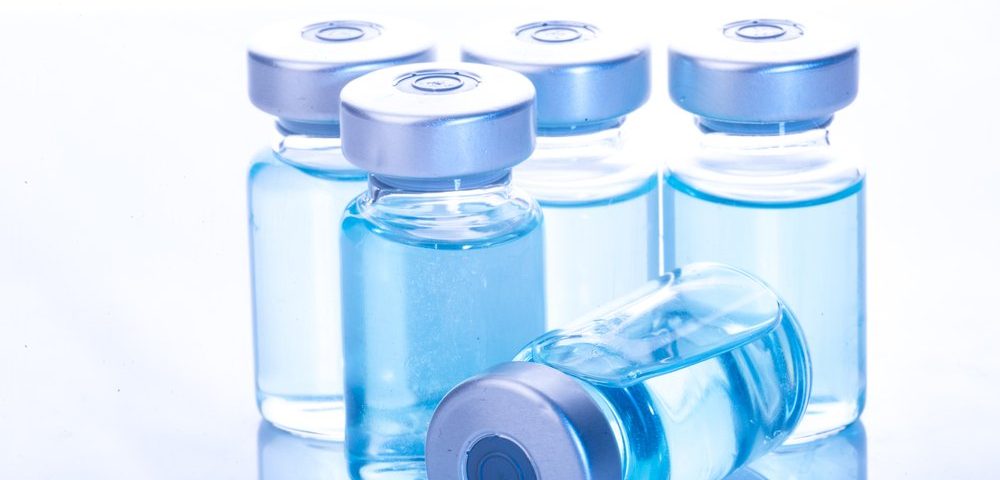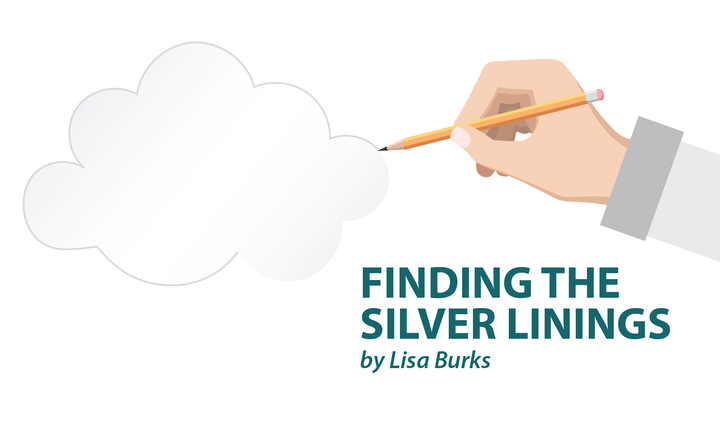From last October to April, I was forced to take a break from taking my Remicade (infliximab) infusions. This was due to surgeries and dealing with severe illnesses. I ended up staying off Remicade for over five months, and I was definitely feeling it. Because I had been off Remicade for so long, my doctor ordered me to start over and complete loading doses to get the medication back into my system. This would give me the best chance for Remicade to get into my system sooner than if I were to start back up at eight-week intervals.
Starting over with Remicade
On April 26, I started the first of the loading doses. The infusion started off normally. I went to the infusion center, took my pre-medications, including Tylenol and Benadryl, and started the infusion. Shortly later, I began feeling a bit off. I experienced a strong headache, felt clammy and nauseated, and my skin was itchy. I also had a rash forming on my arm. My nurses came over and stopped the infusion. The symptoms improved a little, but not a lot. The physician’s assistant (PA) at the center decided to give me some IV Benadryl to see if it would help alleviate the symptoms. It did. The headache, nausea, and itchiness improved. The only lingering effect was some general itchiness for a couple days. These reactions just weren’t normal for me. I had been on Remicade since May 2016 and had never experienced any reactions from the infusions.
Why was this happening?
The PA had some theories as to what was going on and felt it may be due to the long break I had from the medication. She told me that studies have shown that sometimes patients who are off Remicade infusions for prolonged periods can develop certain side effects or even hypersensitivity toward the medication. This is due to the buildup of antibodies against Remicade. Symptoms can include nausea, headache, fever, erythema, and itching. Giving antihistamines can help alleviate the symptoms.
To test whether these effects would be temporary or preventable, the PA decided that when I returned in two weeks for the second loading dose, we would try IV Benadryl to start with to see if we could stop the effects from developing in the first place. I may just need the IV form for pre-meds rather than pills. Blood tests can be done to determine whether you have built up antibodies toward Remicade, but they can be pricey. So, doctors like to see how patients respond to the infusions, whether symptoms improve, or if the medication does not seem to help anymore.
Seeing if the new pre-medication regimen would work
The time for Remicade loading dose number two came, and we immediately started off with Tylenol and 25 mg of IV Benadryl as pre-medication. The PA stayed by my side. She made sure to tell me I should not drive home because IV Benadryl can cause more drowsiness than the pill form. After I started the Remicade infusion, I experienced some general itchiness. Thankfully, I did not feel as bad as I did on the first dose or experience any of the other side effects. We waited to see if the itchiness would pass but it did not. The PA decided to give me another 25 mg of IV Benadryl, which promptly took care of the remaining itchiness. Clearly (and thankfully), the IV Benadryl was helping with the effects. The new plan was to give 50 mg of IV Benadryl as a pre-med from there on out to counter the effects.
What now? What will happen next?
If the symptoms continue, a specific test can check for antibodies against Remicade. The best-case scenario would be that effects lessen over time, and the worst case would be increased symptoms. If severe effects develop, that would ultimately require me to stop Remicade altogether and start an entirely new medication to treat my Crohn’s. I go for loading dose number three tomorrow. I’m crossing my fingers that taking IV Benadryl as a pre-medication helps control any effects I might develop during the infusion.
***
Note: IBD News Today is strictly a news and information website about the disease. It does not provide medical advice, diagnosis, or treatment. This content is not intended to be a substitute for professional medical advice, diagnosis, or treatment. Always seek the advice of your physician or other qualified health provider with any questions you may have regarding a medical condition. Never disregard professional medical advice or delay in seeking it because of something you have read on this website. The opinions expressed in this column are not those of IBD News Today, or its parent company, BioNews Services, and are intended to spark discussion about issues pertaining to IBD.


